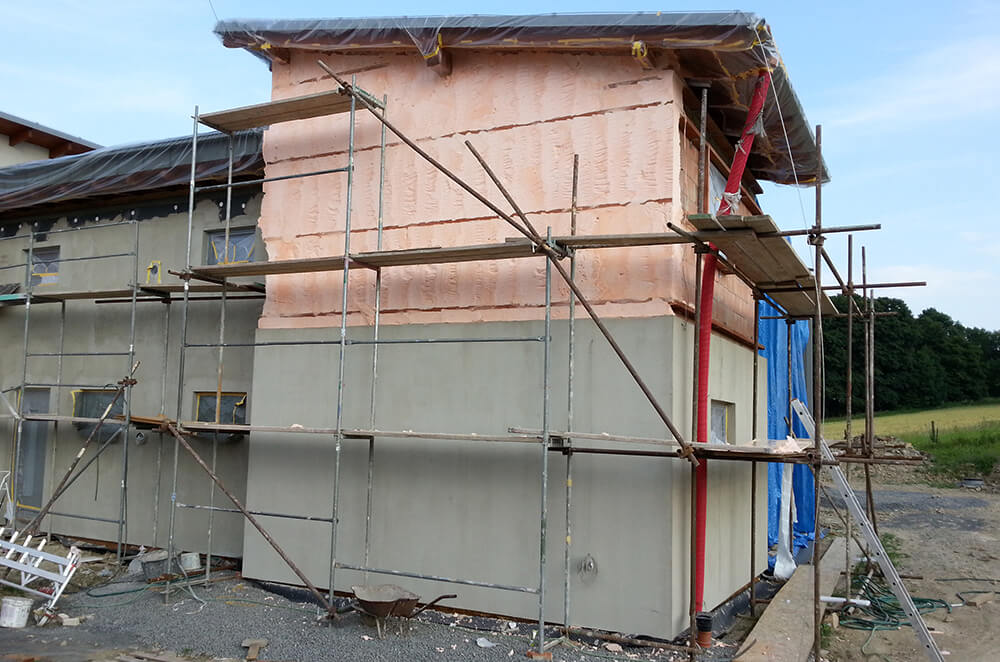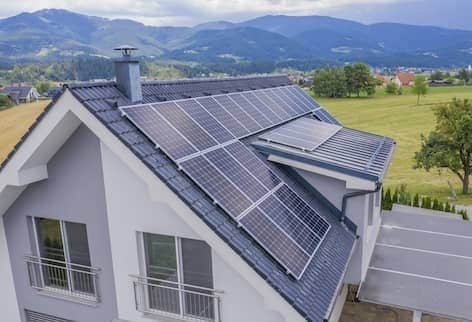
The United Kingdom's primary source of energy is from fossil fuels. In 2019, the country consumed 142.0 million tonnes of oil equivalent. UK averaged 2.78 tonnes of oil-equivalent per capita, which is 1.92 tonnes worldwide. This is a significant increase over the previous year. This trend is set for continued.
Community energy
The political and legal framework for community energy in the United Kingdom has many challenges and is difficult to implement. Community energy is not an organisation that is market-based and run by the state. Community energy is not able to make decisions within the British policy framework. Therefore, it is hard to institutionalize community energy and to challenge bad decisions.
Community energy projects usually involve a distributed system that is connected with the local distribution line. Community groups can also work with local DNOs in order to test new and more efficient technologies that can lower their energy consumption and reduce their carbon footprint. These initiatives include the collective switching and installation of solar panels, wind turbines, and gas and electricity suppliers.

Community energy projects are a great option to reduce energy costs and finance activities that go beyond energy projects. Small-scale community energy projects almost always employ local contractors. A recent study shows that of the 38 community energy organisations that have completed projects, sixteen1 of them used local contractors. This means that the money raised from these community projects has been invested in local businesses.
Pumped-storage power
There are many benefits to the UK's electric system from using pumped-storage electricity. It relieves transmission bottlenecks and helps to restore power supplies during blackouts. Additionally, pumped storage systems reduce the cost of balancing the national grid, which ultimately benefits consumers. SSE Renewables was pleased to see the approval by the Scottish government of a Coire Glas revised pumped-storage facility.
It is located in Lochaber (Scotland), and it is the first of its kind in the UK. The company has plans to build a 1.5GW pumped-storage hydroelectric facility there. The developer is waiting for a better financial incentive structure before he can move forward with the project. The developer hopes to start construction on the project in 2024.
The UK has huge potential for pumped-storage power. This type of storage can be done in closed loop locations and abandoned coal mines. Globally, there are approximately 600,000. These sites are economical over the long-term. The UK Committee on Climate Change highlighted pumped storage as the cheapest means of storing power for up to a week.

Wind farms
Wind power is the largest source of energy in the United Kingdom. The UK government has pledged to increase the proportion of renewable energy in its power mix by 2020. There are currently approximately 22 gigawatts (onshore) and 10 gigawatts (offshore) of installed wind power. This growth in wind power is primarily due to government efforts to reduce carbon emissions.
Three of the UK's largest offshore wind developers are operating at present. DONG EnergyUK, RWE Npower Renewables and SSE Renewables are currently working on projects to construct wind farms on British shores. Just months after the completion of the second round, the Crown Estate in the UK launched the third round. This round was significantly bigger than its predecessors - it identified sites capable of producing up to 25 gigawatts.
Because onshore wind has lower development cost than offshore wind, the government eliminated subsidies for it in 2015. Responding to the complaints of local communities, however, government officials have tightened planning regulations. In order to identify wind farms in your neighborhood plans, they must also be included and updated every five year. Construction has been slowed due to the lengthy planning process.